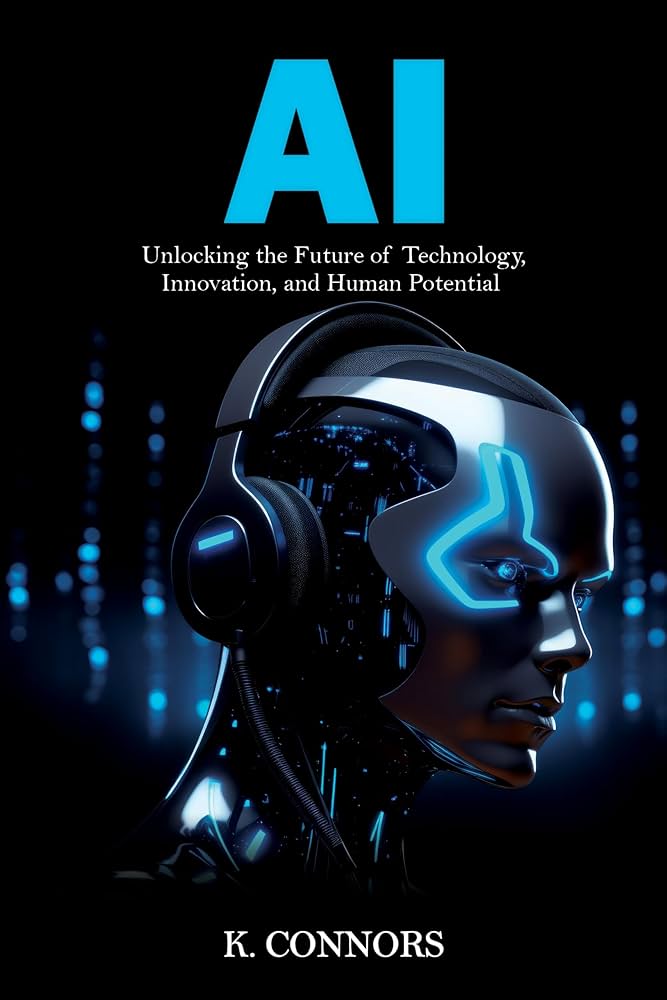The Rise of Artificial Intelligence: Unlocking New Capabilities and Risks
Artificial intelligence (AI) has been a topic of interest for decades, and its applications have transformed various industries, including healthcare, finance, transportation, and education. AI systems are designed to learn from experiences, adapt to new situations, and perform tasks that typically require human intelligence, such as visual perception, speech recognition, decision-making, and language translation.
However, the increasing use of AI also raises concerns about job displacement, bias, and lack of transparency. Despite these challenges, the potential benefits of AI make it an exciting and rapidly evolving field that holds a lot of promise for the future.
The Future of AI Research
A recent project by a prominent AI lab at the University of British Columbia in Vancouver has demonstrated an early step toward what might prove a revolutionary trick: letting AI learn by inventing and exploring novel ideas. The project, led by Professor Jeff Clune, has developed an AI program that can come up with machine learning experiments, decide what seems most promising with the help of a large language model (LLM), and then write and run the necessary code.
AI research is rapidly evolving, with new breakthroughs and innovations emerging every day.
The AI scientist, as the program is called, is one example of Clune’s lab riffing on the possibilities of open-ended learning. While the results may not be groundbreaking, they demonstrate the potential of AI to unlock new capabilities and risks.
The Risks of Open-Ended Learning
As AI programs become more capable of learning in an open-ended fashion, there is a risk that they may generate agents that misbehave. Clune’s lab is working on devising ways to prevent such a system from generating agents that could be potentially dangerous.
The risks of open-ended learning are significant, and researchers must be careful to ensure that AI systems are designed with safety and security in mind.
The Potential of AI Agents
Despite the risks, the potential benefits of AI agents are significant. A report by Air Street Capital highlights the potential of Clune’s work to develop more powerful and reliable AI agents. The big AI companies are all investing heavily in this area, and it is likely to be a key area of research in the coming years.
AI agents have the potential to transform industries and revolutionize the way we live and work.
Conclusion
The rise of artificial intelligence is a complex and multifaceted phenomenon that holds both promise and risk. As researchers continue to push the boundaries of what is possible with AI, it is essential that we consider the potential risks and benefits of these new technologies.
The future of AI is uncertain, but one thing is clear: it will be shaped by the choices we make today.
References
- Clune, J. (2024). An AI Scientist Is Inventing and Running Its Own Experiments. Wired.
- Knight, W. (2024). The AI Lab Newsletter. Wired.
- Langley, P. (2024). The Future of AI Research. Wired.
- Newell, A. (2024). The History of AI Research. Wired.
- Simon, H. (2024). The Future of AI. Wired.


 Photo by
Photo by 












